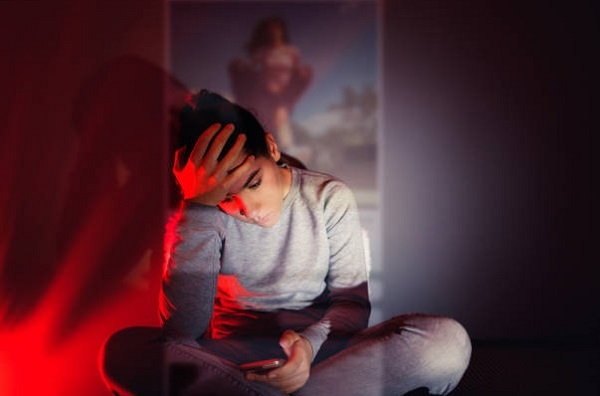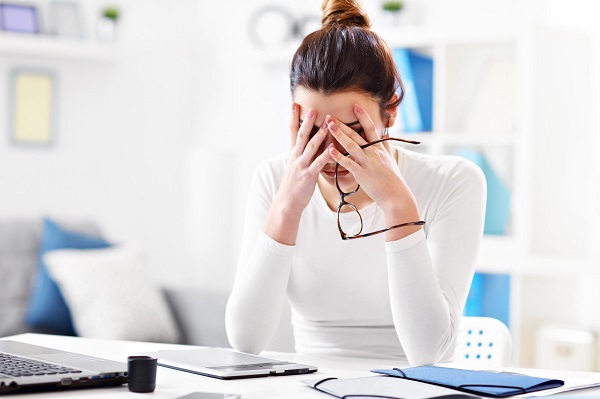Everyone has experienced anxiousness at some point in their life. However, when you start to feel anxious for no particular reason, and it sticks around, it can feel overwhelming. Have you ever asked, “Why am I feeling really anxious suddenly?”
If so, you’re not alone. Knowing the root cause of chronic anxiety and taking the proper steps to minimize it can help you regain control of your emotions and feel more at ease in the future.
Common Triggers of Sudden Anxiety
It is not uncommon to feel anxious suddenly, but it is essential to understand the common triggers of sudden anxiety. Here are common reasons.
Changes In One’s Environment
When something familiar and comfortable, like an environment, changes, one might experience a sudden panic increase. Changes can occur gradually over a period of time, or they can happen quickly without warning, which often leads to feelings of shock and fear.

Sudden Or Large Amounts Of Stress
Whether from anticipating a large project or a traumatic event, our minds can create a fight or flight response when we feel overwhelmed. This natural bodily response can contribute to increased feelings of anxiety.
Traumatic Events
Traumatic events can cause a person to feel sudden, overwhelming bouts of anxiety. Whether it’s a sensory memory that’s been activated or memories that flood back in sudden moments, traumatic events can cause a person to feel a heightened state of stress. It’s essential to recognize the reactions and responses of the body as anxiety due to a traumatic event.
Health Issues
If it’s health issues causing the anxiety, it may be caused by a change in physical health or from triggering an underlying health-related fear or worry. Health issues can cause physical symptoms like headaches, fatigue, or chest pain, which may increase anxiety levels.
Caffeine
When it comes to anxiety, caffeine can be part of the cause as it stimulates the nervous system and can lead to feeling agitated. It increases blood pressure and heart rate, which can trigger nervousness and anxiety. Too much of it can aggravate existing anxiety and gulp down levels of serotonin, a hormone that plays a role in depression and moodiness.
How to Manage and Reduce Anxiety Symptoms
Regardless of the cause, managing your feelings of unease is essential to maintain emotional well-being. Learn how to reduce anxiety and manage it. This can help prevent it from becoming more overwhelming and debilitating in the future.
Avoid the triggers that cause your anxiety. Learning stress, relaxation, calming techniques, and exercising are all ways in which you can work on minimizing your anxiety symptoms.
Ensure you also have a safe space or privacy booth in your work area to avoid feeling overwhelmed. Also, talk to a mental health professional. This can help provide the support and skills you need to handle anxieties.
Explaining Why You’re Feeling Really Anxious
It is important to take note of how and why you are feeling really anxious and to talk to someone about it. Acknowledging the feelings is the first step to working through it. You may benefit from speaking to a mental health professional to find effective ways to manage stress and reduce anxiety. Take action today to reduce your anxiety and regain control of your life.




